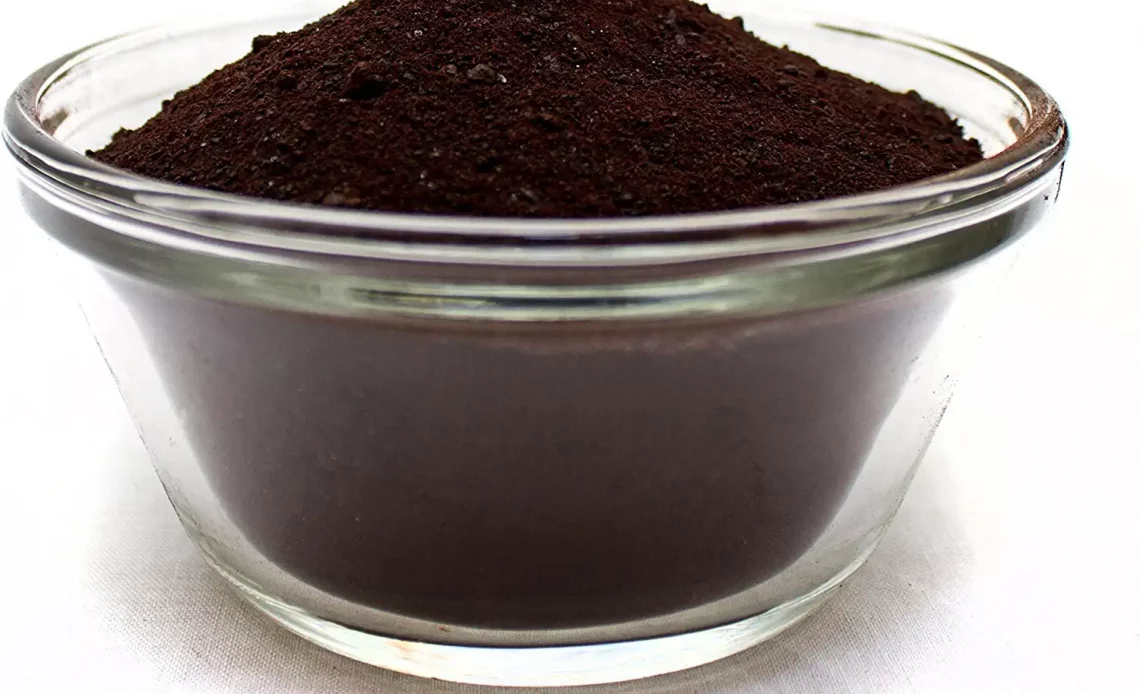

We’re here to help! Wild Yards is a completely free website that is 100% dedicated to helping you create a wildlife-friendly, sustainable yard. Read more
WildYards is reader-supported. When you buy a product through a link on our site, we may earn a comission. Every product is independently selected by our (obsessive) editors and our reviews are unbiased and objective. Read more about our mission or our privacy policy.
All-natural fertilizers are great alternatives to traditional chemical fertilizers. But just because something is all-natural doesn’t mean that it’s 100% beneficial all the time. Natural fertilizers like blood meal must still be applied with care, and can only be helpful in certain situations. When used incorrectly, blood meal can cause a variety of issues for your garden. So what are the disadvantages of blood meal?
Blood meal is rich in nitrogen. Adding blood meal to soil that already has high levels of nitrogen can inhibit plant growth and pull the brakes on flower production. This fertilizer also has the potential to attract garden pests who will tear up your flower beds and vegetable patch to get to the blood meal in the soil.
What is blood meal?
Blood meal is blood scraped up from slaughterhouse floors. The blood has been dried, powdered, and flash-frozen to retain its nutrients. Cow blood is the most common ingredient in commercially available blood meals, but chicken and hog blood are sometimes used, too.
If you need a quick source of nitrogen for your garden, it doesn’t get much better than blood meal. This fertilizer contains roughly 12% water-soluble nitrogen, so it starts degrading quickly for plants to use right away. The beneficial bacteria in the soil can easily break down the blood meal to make it more absorbable for plants as well.
Blood meal also contains small amounts of other nutrients. You can use blood meal to replenish low phosphorous and potassium levels in the soil. Blood meal can be used as a top dressing, or to mix into garden beds after you till your vegetable patch under at the end of the season to help restore lost nutrients.
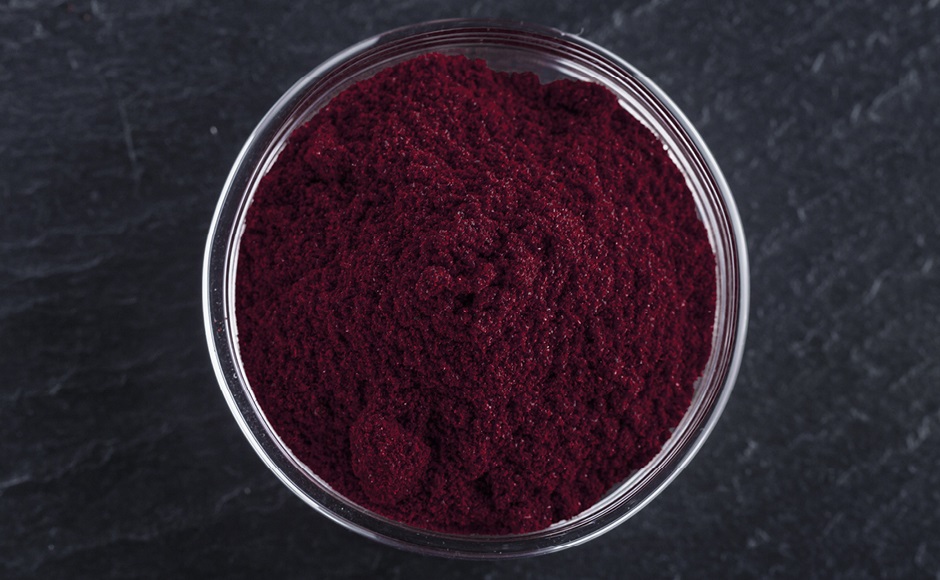
Top 6 disadvantages of blood meal as a natural fertilizer
While blood meal can be an effective quick fix for nitrogen depletion, it does have a few drawbacks that you should know about. Keep these top 6 disadvantages of blood meal in mind before spreading it throughout your garden.
Blood meal can burn your plants’ roots
Many people believe that because blood meal releases nitrogen more slowly than chemical fertilizers it can’t burn plants. But that’s not true. If you overapply blood meal, or if you add blood meal to soils that are already rich in nitrogen, it can most certainly burn a plant’s roots. And blood meal’s natural time-release capabilities can prolong your plant’s suffering.
If your plants are displaying signs of nitrogen deficiency, with pale, anemic-looking leaves and poor foliage production, blood meal can help them regain their health and vitality. But if they aren’t displaying these symptoms and are growing well on your current fertilizer, switching to blood meal could do more harm than good.
Blood meal can inhibit flower production
Nitrogen is a favorite among many gardeners because it helps support lush, green foliage. Unfortunately, if your plants are forced to produce more green leaves, that’s less energy that they have at their disposal to create new flowers.
That’s not to say that flowering plants don’t benefit from nitrogen at all. They do. All plants need nitrogen. It’s an essential building block for cellular development and helps plants create and use energy. But too much of a good thing can spell trouble for your garden.
Of course, nitrogen deficiency can also hinder flower production. In these cases, blood meal and other nitrogen-rich fertilizers can be beneficial for your plants. Just be sure to use these plant foods in moderation.
Blood meal alters the pH of the soil
Blood meal, and other nitrogen-rich fertilizers, can make your soil more acidic — which is great for acid-loving plants, like blueberries and tomatoes. And if your soil is alkaline, blood meal can have a neutralizing effect on it that may prove to be beneficial for your garden because neutral soils provide plants with the best nutrient availability possible.
But if your soil is already acidic, blood meal may lower the pH even further. The longer you use blood meal on soils that don’t need it, the more devastating its effects can be. Applying blood meal only once or twice shouldn’t do much damage. It’s the repeated use of blood meal as fertilizer over a long period of time that can dramatically alter your growing medium.
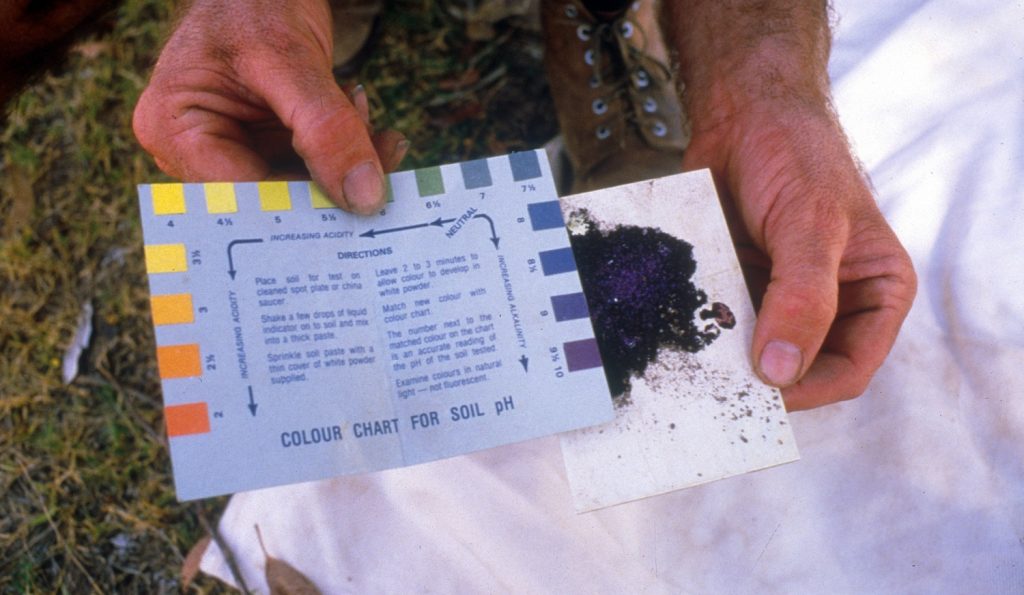
Blood meal attracts carnivorous animals
Domestic dogs and cats are attracted to the smell of blood. They won’t waste any time digging through your yard when you use blood meal as a fertilizer. And they aren’t the only ones. Coyotes, foxes, bobcats, and other hungry carnivorous animals will also rifle through your flower beds and vegetable gardens if they smell blood meal. So to save yourself the headache, consider an alternative fertilizer instead (more on those in a minute!).
Blood meal repels foragers
If you spend all of your spare time tending your ornamental flower beds and getting your vegetable crops to grow, the last thing you want is to see pesky foragers digging them up. Using just a sprinkling of blood meal can help keep rabbits and squirrels out of your landscaping and garden.
But some outdoor enthusiasts enjoy watching these foragers peruse their backyards. If you want to encourage these critters to visit, avoid using blood meal as a fertilizer. Prey animals dislike hanging out where they think predators have been. You should also avoid using bone meal as a fertilizer for the same reason.
Blood meal may repel deer as well. If you’re trying to attract the local herd to your backyard, using blood meal in your flower beds could be a stumbling block. Stick to animal product-free fertilizers instead. And, if you want to attract more deer to your backyard, consider incorporating a few of their favorite flowers into your landscaping.

Blood meal is not pet safe
If your pet gets a taste of blood meal, they’ll probably be fine. But consuming large quantities of blood meal can be detrimental to their health. Especially if they consume a dose of dirt along with that blood meal. If you have pets, there are much safer alternative fertilizers to choose from.
Blood meal is not vegetarian or vegan-friendly
If you don’t eat meat or animal byproducts, and if you’d rather keep these things out of your gardening practices, then blood meal isn’t right for you. You’ll have to look to other all-natural fertilizers to keep the plants in your garden happy.
What are the best blood meal alternatives?
If you’ve determined that blood meal isn’t the best fertilizer for your garden’s unique needs, don’t worry. There are a handful of viable alternatives that you can turn to to help your plants thrive.
Coffee grounds
Inexpensive and all-natural, coffee grounds can be used to feed a variety of plants, not just roses. Add 2 cups of used coffee grounds to 5 gallons of water, allow the mixture to sit overnight, then strain the coffee grounds and use the resulting tea to water your nitrogen-deficient plants. You can also spread your used coffee grounds on a baking sheet and set them out in the sun. Once they’re nice and dry, you can stick them back into a coffee can and use them to top-dress your plants anytime their foliage starts looking pale.
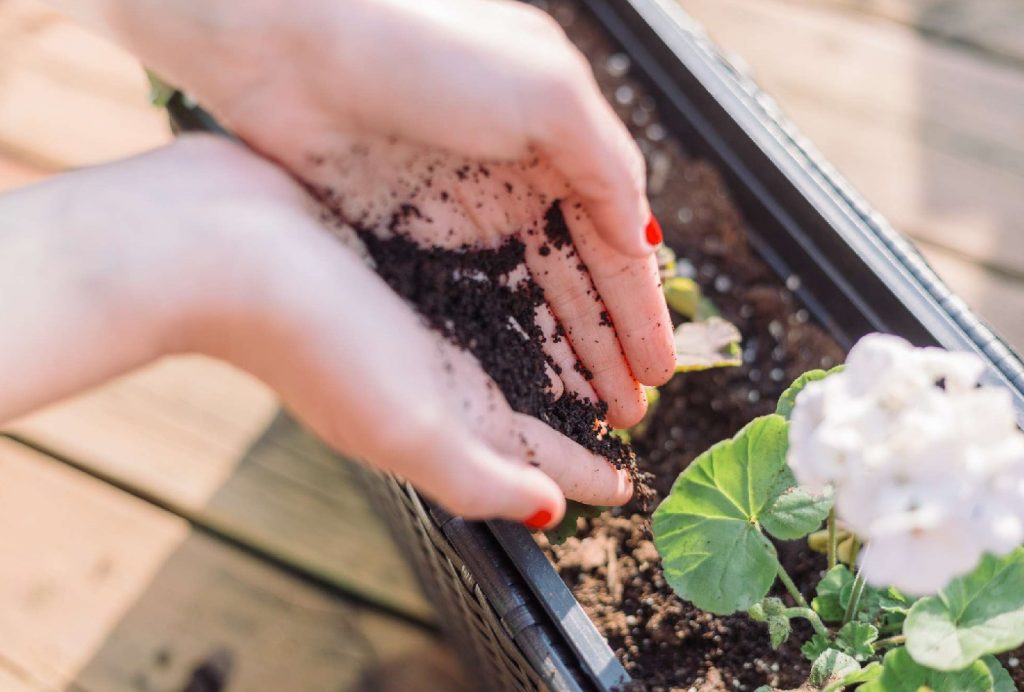
Manure
If you raise horses, cows, goats, or chickens, chances are you’ve got more manure than you know what to do with. Why not use it to feed your plants? Manure is chock-full of nitrogen that your plants will love. You can till manure into the soil before planting your garden, or you can use it to top dress your plants. Just be sure to use aged manure. Fresh manure contains too much nitrogen and may burn your plants.
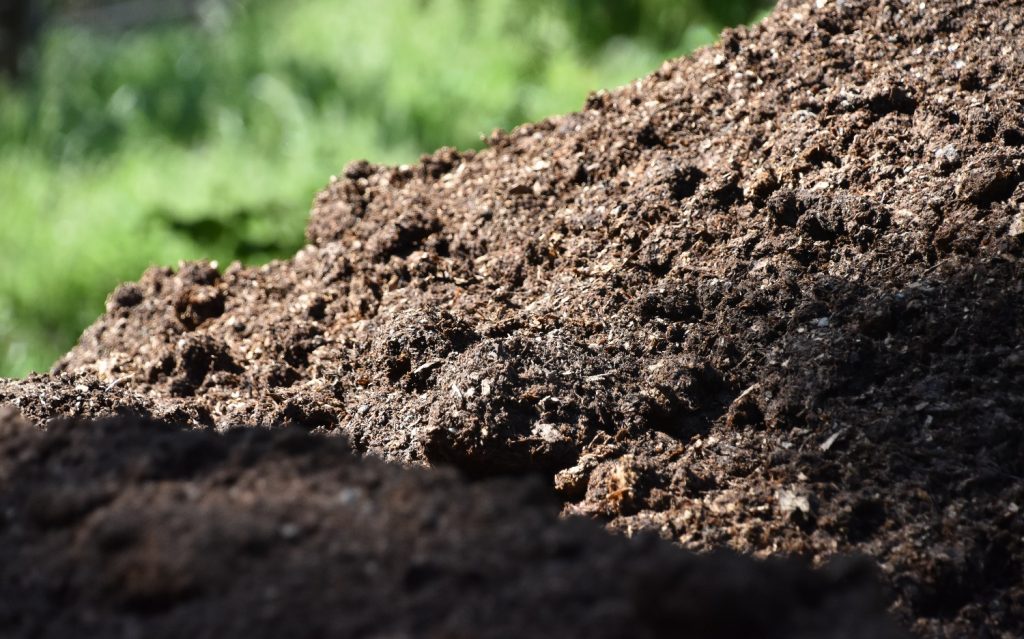
Feather meal
If your plants are clearly suffering from low nitrogen levels, but you don’t want to use blood meal to fertilize them because you’re afraid it will attract hungry animals, look for feather meal instead. Feather meal contains high levels of nitrogen, and because it holds no appeal for carnivorous animals, it won’t encourage them to dig up your garden.
Compost
Compost is an excellent all-purpose fertilizer that can benefit just about any soil. You can start making your own compost today in a 5-gallon bucket. Your plants will benefit from the good bacteria that compost attracts, as well as the multitude of vitamins and minerals that it has to offer.
Is blood meal a good fertilizer?
Yes! Blood meal is a good fertilizer. This is an inexpensive source of nitrogen that many plants can benefit from. It’s easy to spread and generally safe to use. But there are some serious disadvantages of blood meal to keep in mind before using it.
Blood meal can be detrimental when used incorrectly. It’s always best to test your soil before applying any fertilizer, so you can be sure you choose the right one. Ultimately, whether blood meal or one of its alternatives is right for your garden is up to you to decide.
